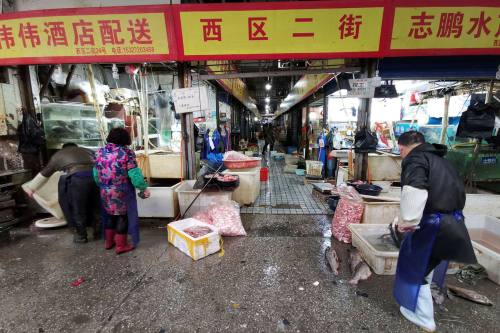The authorities of Wuhan, China have announced a ban on the consumption of wildlife for a period of 5 years. Farmers have a government buy-out offer to ease the transition.
The local administration of Wuhan have reportedly also banned wildlife hunting unless it is for research purposes, disease monitoring, or population control. The administration added that the city will become a “wildlife sanctuary”.
While the exact origin of COVID-19 is not known, preliminary studies point to the likely source as bats. The coronavirus within bats has a genome that is 96% identical to the novel coronavirus. The studies also suggested that the virus was spread through the Wuhan wildlife market via another host, believed to be a pangolin.
According to the plan, which was published on May 15, the Hunan and Jiangxi provinces have both provided an exit strategy for wildlife farmers to be compensated, allowing them to opt for alternative livelihoods such as fruit growing, vegetables, tea plants, or traditional medicine herbs.
Hunan province will offer farmers compensation to the tune of 120 yuan (R301) per kilogram of cobra, king rattle snake or rat snake; 75 yuan (R180) per kilogram of bamboo rat; 630 yuan (R1581) per porcupine; 600 yuan (R1506) per civet cat; and 378 yuan (R949) and 2,457 yuan (R6169) per wild goose and Chinese muntjac deer respectively.
Dr Peter Li, Humane Society International’s China policy specialist, said, ”Wuhan’s ban on wildlife consumption is extremely welcome as a clear recognition that the public health risk of zoonotic disease spread via the wildlife trade must be taken very seriously if we are to avoid another pandemic. There will however be no less severe of a disease risk from wildlife consumption in five years’ time, so anything short of a permanent and comprehensive ban is still a risk too far.
“Wuhan becomes the fourth city in mainland China to show such leadership, but we now need cities and countries across the world to step up to the plate and shut down the dangerous wildlife trade.”
In April, Shenzhen became the first Chinese city to ban the sale and consumption of cat and dog meat following the discovery that the coronavirus outbreak was linked to the consumption of wildlife.
The food safety legislation was proposed in February, and came into effect on May 1. It extended the prohibition on the consumption, breeding, and sale of wildlife. This includes animals such as snakes and lizards.

